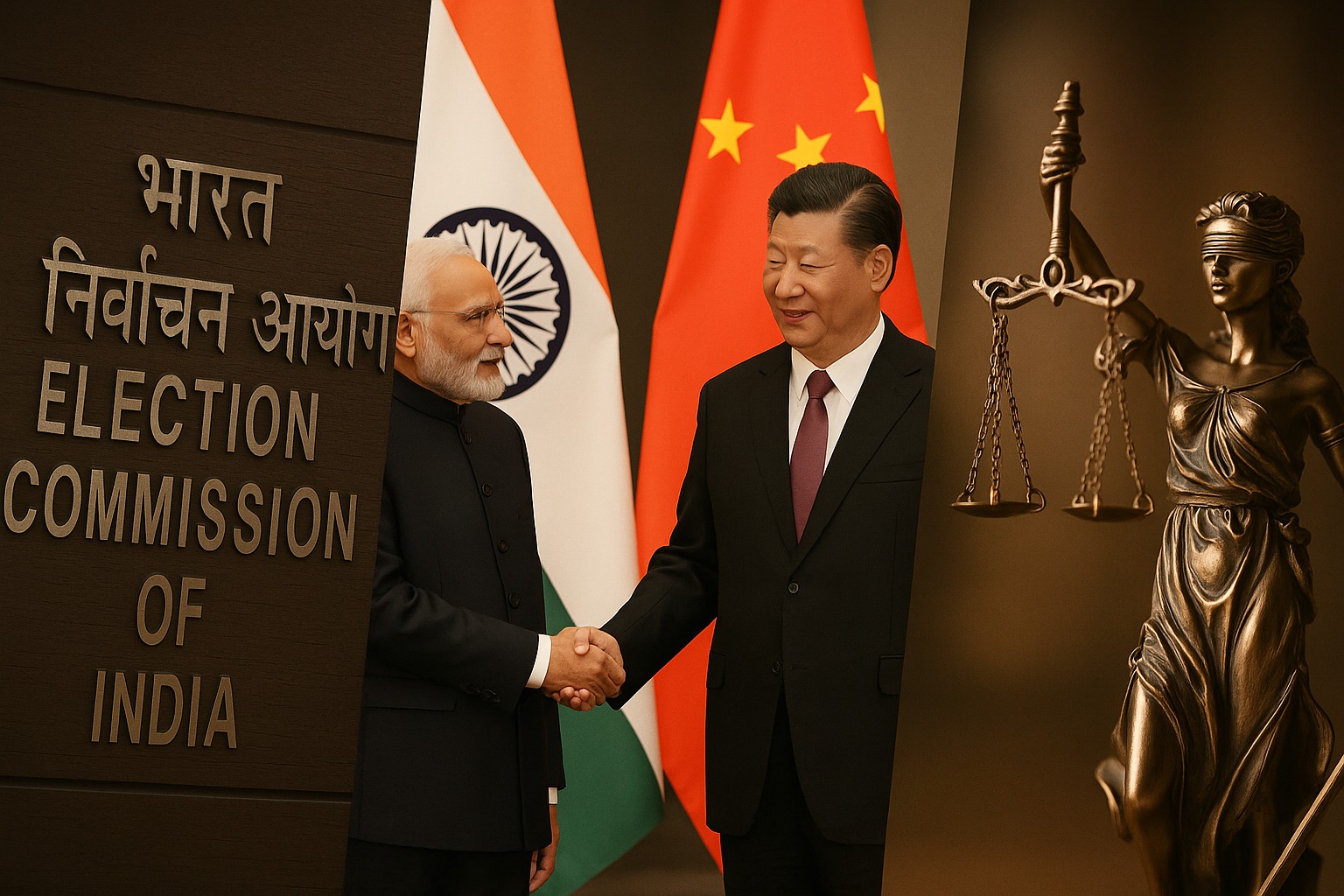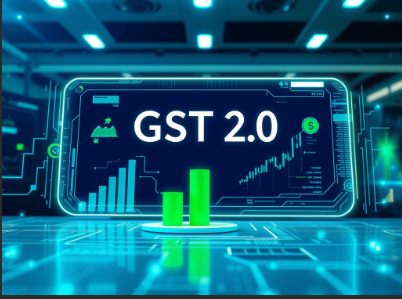ECI allows SIR claims till last date of Nomination
In a move to ensure maximum voter participation and a robust electoral roll, the Election Commission of India (ECI) has announced that claims and objections regarding the Special Intensive Revision (SIR) will be accepted until the final date of nomination for the upcoming assembly elections. This decision, conveyed to the Supreme Court, is a significant step towards addressing concerns raised by some political parties and voters. The ECI’s commitment to continuous roll purification ensures that no eligible citizen is left out and a clean, error-free voter list is maintained. The government’s push for this transparent and inclusive process is aimed at strengthening the very foundation of India’s democracy.
A diplomatic win for India: SCO Condemns Pahalgam
The Shanghai Cooperation Organisation (SCO) has issued a strong condemnation of the April 22nd terrorist attack in Pahalgam, Jammu and Kashmir. The Tianjin Declaration, adopted at the recent SCO summit, explicitly condemned the attack and called for the perpetrators, organizers, and sponsors to be brought to justice. This statement represents a major win for India, as it secured the condemnation despite the presence of Pakistan, a SCO member. India’s Prime Minister, Narendra Modi, used the platform to deliver a stern message against ‘double standards on terrorism,’ a direct and public jab at Pakistan’s alleged support for cross-border militancy. The declaration also condemned other attacks, including those in Pakistan, a point of compromise. However, the SCO’s acknowledgment of the Pahalgam attack, underscores the effectiveness of India’s diplomatic pressure within the bloc. This move solidifies India’s position on the global stage as a firm advocate against terrorism, even with Pakistan at the table.
Will RTE be implemented in Minority Institutions?
The Supreme Court has referred to a larger bench the question of whether minority educational institutions should be exempted from the Right to Education (RTE) Act. This move casts doubt on a 2014 verdict that exempted these schools from the law’s purview. The court’s current observation suggests that this exemption may have ‘jeopardized the very foundation of universal elementary education’ and created a ‘regulatory loophole’ that some institutions exploit to bypass quality standards. The government’s vision of a cohesive, inclusive society with common learning spaces for all children is at the heart of this crucial re-examination, ensuring that education remains a great equalizer and a tool for national unity. This progressive step seeks to ensure that all children, regardless of their background, receive a quality education.



